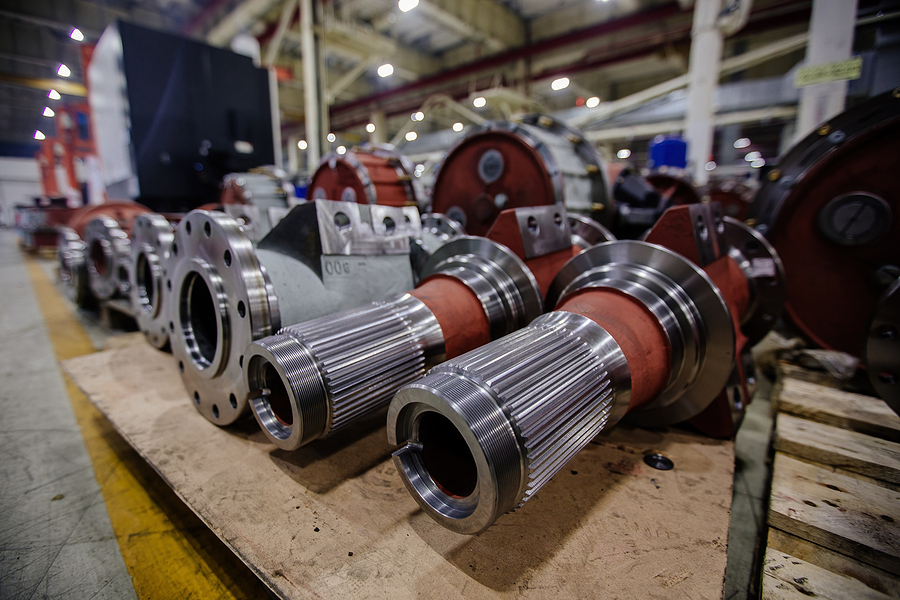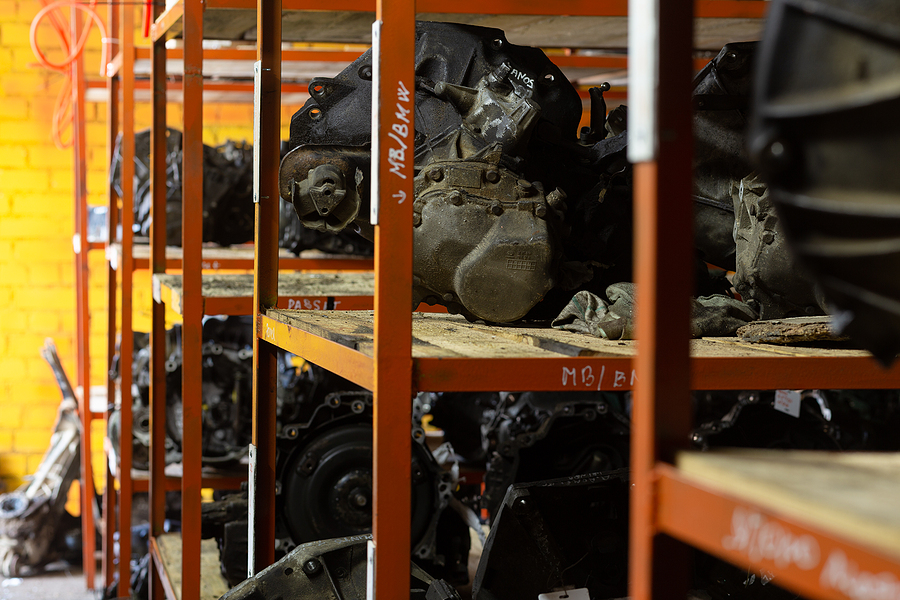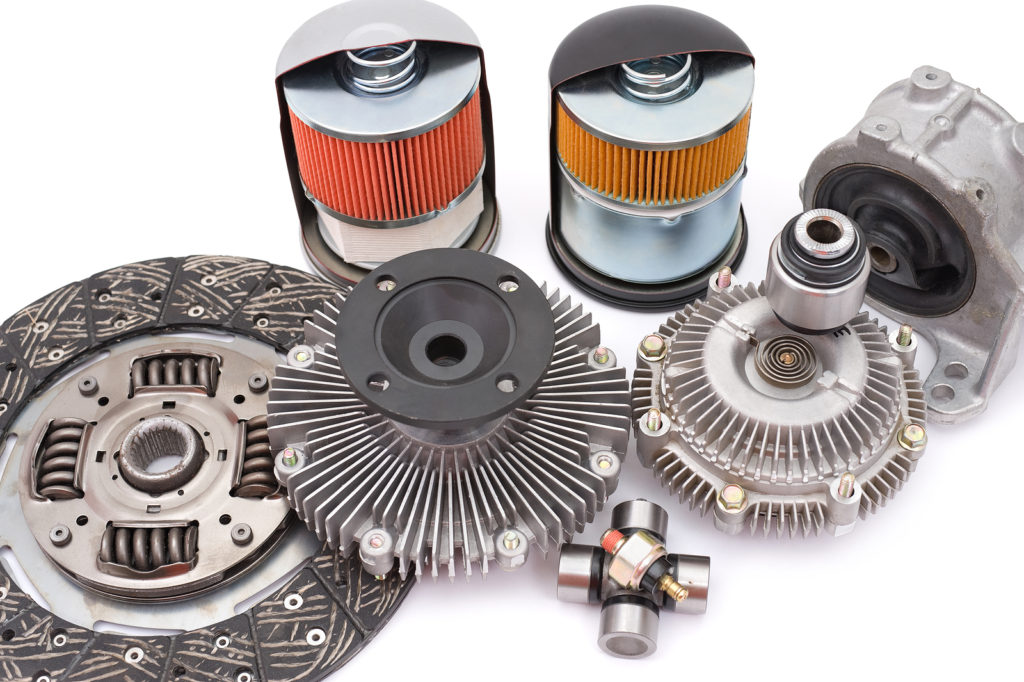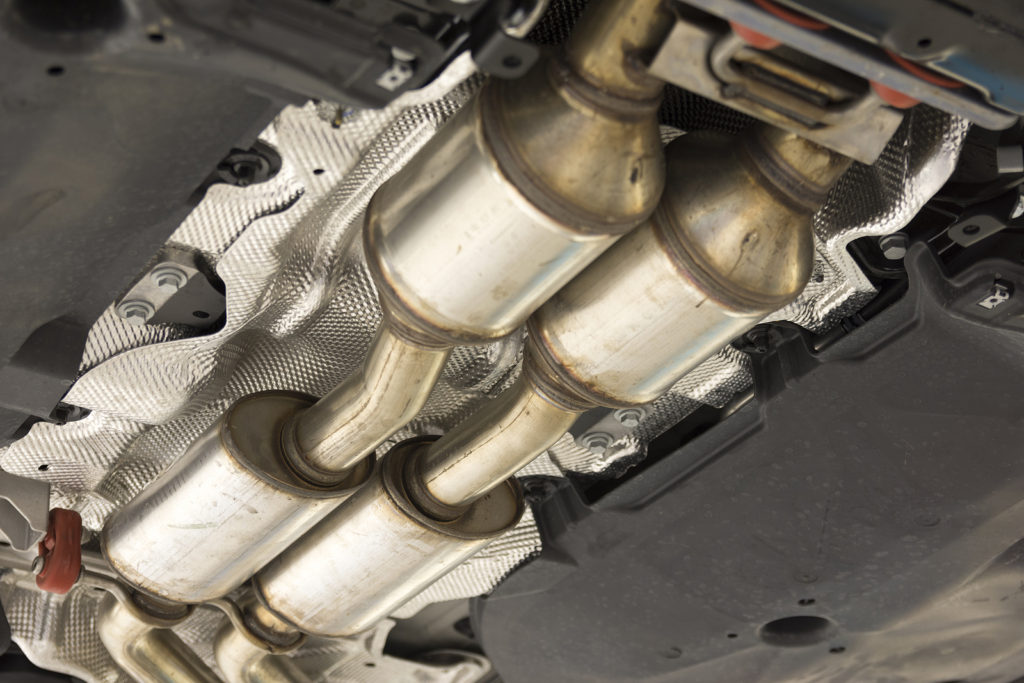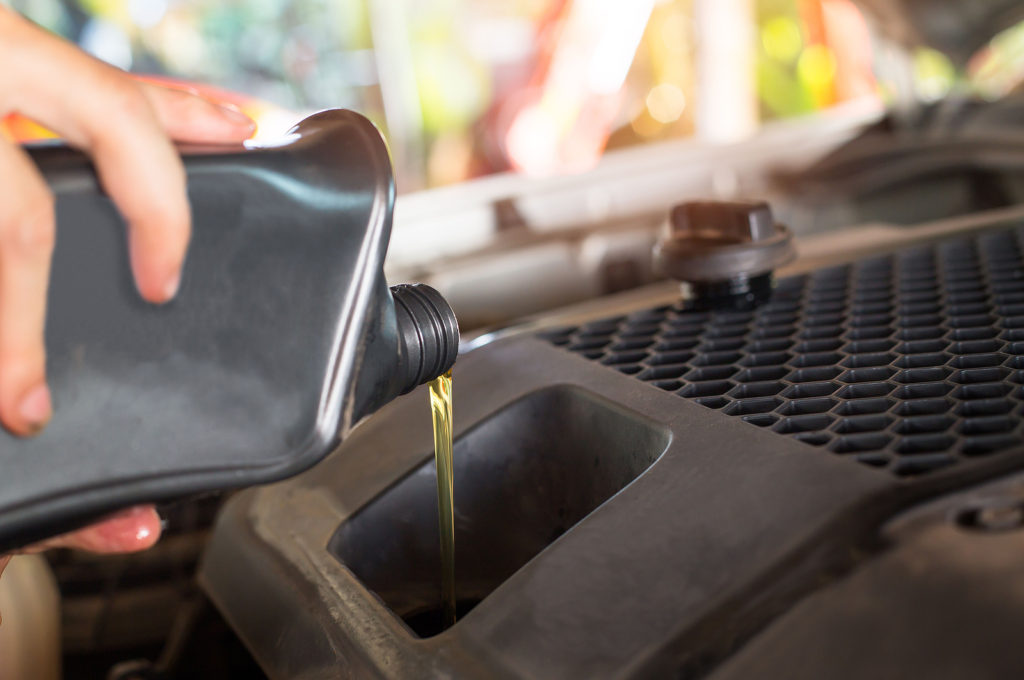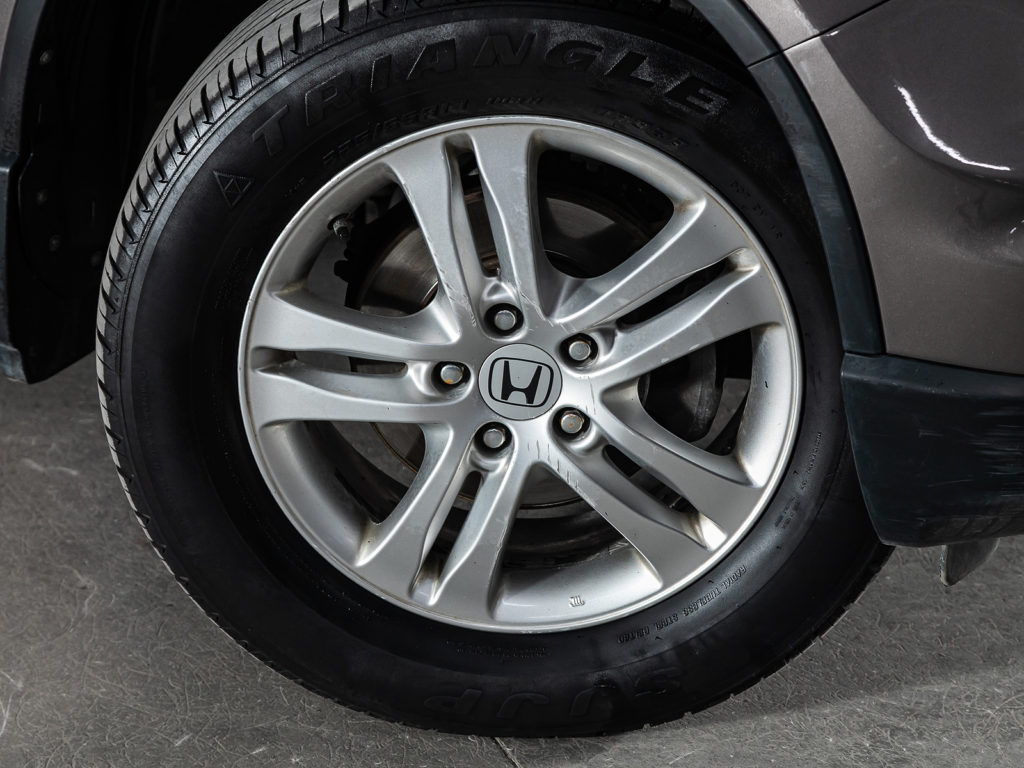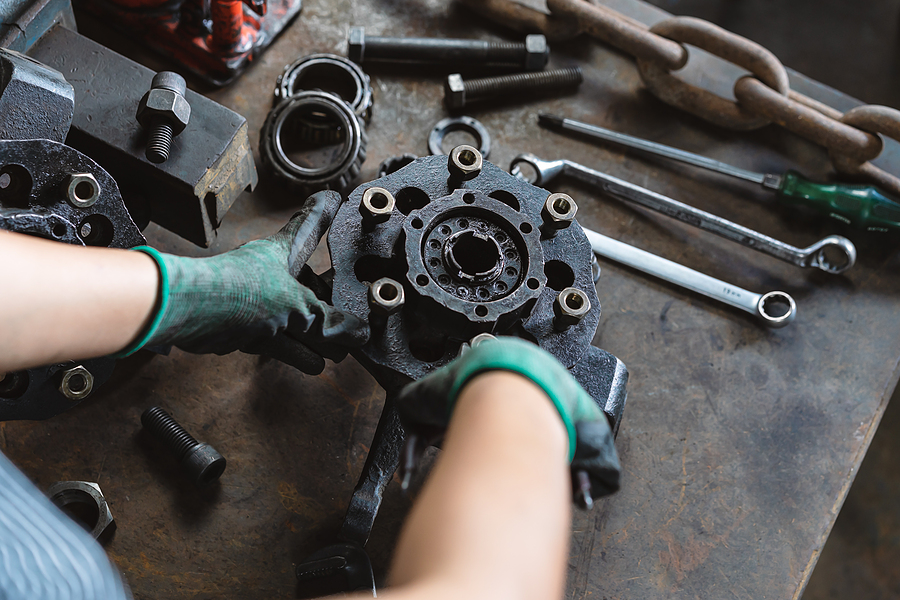Every car tells a story, and the key to unlocking that story lies in a simple 17-character code. Whether you’re buying a used car, searching for the right auto parts, or simply curious about your vehicle’s history, understanding your Vehicle Identification Number (VIN) can save you time, money, and potential headaches.
Your VIN serves as your vehicle’s fingerprint—no two are exactly alike. This unique identifier holds crucial information about your car’s manufacturer, specifications, and history. For car owners and DIY mechanics alike, knowing how to read and use your VIN effectively can make the difference between finding the perfect OEM parts and ending up with incompatible components.
This comprehensive guide will walk you through everything you need to know about VINs, from locating yours to understanding what each character means. We’ll answer the most common questions and show you how this powerful tool can enhance your automotive experience.
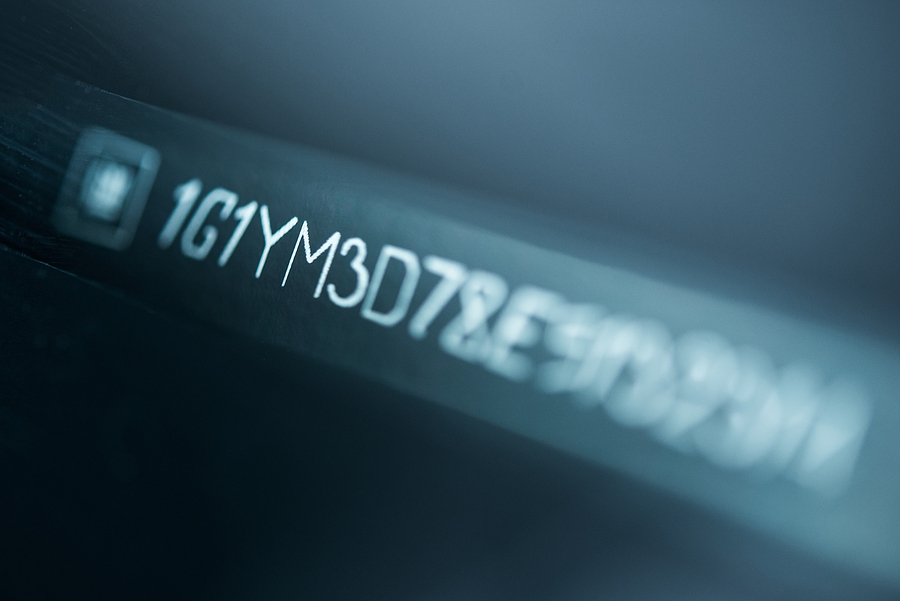
What Is a Vehicle Identification Number (VIN)?
A Vehicle Identification Number (VIN) is a unique 17-character code assigned to every motor vehicle manufactured since 1981. Think of it as your car’s DNA—it contains specific information about when, where, and how your vehicle was built.
The VIN system was standardized by the National Highway Traffic Safety Administration (NHTSA) to create a universal method for identifying vehicles. Before 1981, manufacturers used varying identification systems, making vehicle tracking inconsistent and unreliable.
Your VIN serves multiple purposes beyond simple identification. Insurance companies use it to determine coverage rates, manufacturers rely on it for recalls and warranties, and law enforcement agencies use it to track stolen vehicles. For everyday car owners, the VIN becomes invaluable when ordering replacement parts or researching a vehicle’s history.
Decoding Your VIN: Breaking Down the 17 Characters
Understanding your VIN structure empowers you to extract meaningful information about your vehicle. The 17-character code is divided into three distinct sections, each serving a specific purpose.
World Manufacturer Identifier (WMI) – Positions 1-3
The first three characters identify the World Manufacturer Identifier (WMI), which tells you who built your vehicle and where. The first character indicates the country of origin, the second identifies the manufacturer, and the third specifies the vehicle type or manufacturing division.
For example, in the VIN 1G1Z0351AF123456 (General Motors), the “1” indicates the United States, “G” represents General Motors, and the third character provides additional manufacturer details.
Vehicle Descriptor Section (VDS) – Positions 4-9
The Vehicle Descriptor Section (VDS) contains six characters that describe your vehicle’s attributes. This section includes information about the model, body style, engine type, and other specifications. Position 9 is particularly important—it’s the check digit, a number or letter used to verify the VIN’s authenticity and detect any errors.
Vehicle Identifier Section (VIS) – Positions 10-17
The final eight characters form the Vehicle Identifier Section (VIS), which makes each VIN unique. Position 10 indicates the model year, while position 11 identifies the assembly plant. The remaining characters create a unique serial number for that specific vehicle.
Let’s examine our sample VINs:
- 1G1Z0351AF123456 (General Motors): Built in the US, specific GM model details in the VDS
- WBADC33540F123456 (BMW): German manufacturer, luxury vehicle classification
- JTDKB20U700123456 (Toyota): Japanese manufacturer with specific model information
- 1FAFP3FWXH5123456 (Ford): US-built Ford with detailed specifications
Where to Find Your Car’s VIN
Locating your VIN might seem challenging, but manufacturers place it in several accessible locations for easy reference. Knowing these locations can save you time when you need to access this information quickly.
Dashboard Location
The most common location is on your dashboard, visible through the windshield on the driver’s side. Step outside your vehicle and look through the windshield from the driver’s side—you should see a small metal plate with your VIN clearly displayed.
Driver’s Side Door
Open your driver’s side door and look at the door frame or door jamb. Most manufacturers place a sticker containing the VIN along with other vehicle information like tire pressure specifications and paint codes.
Engine Bay
Pop your hood and look for a metal plate or sticker in the engine compartment. The exact location varies by manufacturer, but it’s typically on the firewall, radiator support, or engine block.
Documentation
Your VIN appears on all official vehicle documents, including your car title, registration, and insurance paperwork. Keep these documents accessible, as they provide backup when physical VIN locations are difficult to read due to wear or damage.
Additional Locations
Some manufacturers place VINs in other locations like the trunk, under the spare tire, or on the frame. These backup locations help prevent VIN tampering and provide alternatives if primary locations become damaged.
Contact Us to See if We Have Your Car Part! ⚙
Why VIN Checks Matter
Performing a VIN check provides crucial insights that can protect you from costly mistakes and safety hazards. Whether you’re buying a vehicle or maintaining your current one, this information proves invaluable.
Vehicle History Insights
A comprehensive VIN check reveals your vehicle’s past, including accident history, previous ownership, and service records. This information helps you understand potential issues and make informed decisions about purchases or repairs.
Safety and Recall Information
Manufacturers issue recalls when they discover safety defects or non-compliance issues. A VIN check identifies any outstanding recalls specific to your vehicle, ensuring you can address potential safety concerns promptly.
Parts Compatibility
When shopping for auto parts, using your VIN ensures perfect compatibility. Even vehicles of the same make, model, and year can have different specifications depending on their production date, engine type, or trim level. Your VIN eliminates guesswork and prevents costly purchasing mistakes.
Theft Protection
VIN checks can identify stolen vehicles, protecting you from unknowingly purchasing stolen property. Law enforcement agencies maintain databases that flag vehicles reported as stolen, and legitimate VIN check services access this information.
Frequently Asked Questions About VINs
How do I perform a VIN check?
Multiple options exist for VIN checks, ranging from free government resources to comprehensive paid services. The National Highway Traffic Safety Administration offers free recall information through their website. For detailed history reports, services like Carfax and AutoCheck provide comprehensive information for a fee. Many VIN decoder tools are available online to help you understand your vehicle’s basic specifications.
What information can I learn from a VIN?
Your VIN reveals extensive vehicle information, including manufacturer, model year, engine type, transmission, body style, and assembly location. Advanced VIN checks can uncover accident history, previous owners, service records, title issues, and recall information. This data helps you make informed decisions about vehicle purchases, maintenance, and parts compatibility.
Is it safe to share my VIN?
Generally, sharing your VIN poses minimal risk since it’s visible on your vehicle and appears on public documents. However, exercise caution when sharing online or with unknown parties. Legitimate businesses like insurance companies, mechanics, and parts suppliers regularly require VIN information for their services.
Can a VIN be changed or altered?
Altering a VIN is illegal and constitutes federal fraud. Manufacturers embed VINs in multiple locations specifically to prevent tampering. Law enforcement agencies can detect VIN alterations using specialized techniques, and penalties for VIN tampering are severe.
What does each digit in my VIN mean?
Each character in your 17-digit VIN serves a specific purpose. Characters 1-3 identify the manufacturer and country of origin. Characters 4-8 describe vehicle attributes like model, engine, and body style. Character 9 is a check digit for verification. Character 10 indicates the model year, character 11 identifies the assembly plant, and characters 12-17 create a unique serial number.
How can a VIN help identify a stolen car?
Law enforcement agencies maintain databases of stolen vehicle VINs. When you perform a VIN check through legitimate services, they cross-reference these databases to identify stolen vehicles. This protection benefits both buyers and sellers in used car transactions.
Is a VIN check free?
Basic VIN information and recall data are available free through government websites like the NHTSA recall database. However, comprehensive history reports typically require payment. The cost varies depending on the service provider and level of detail requested.
Where can I find a reliable VIN decoder?
Reliable VIN decoder services include government resources, manufacturer websites, and established automotive information providers. Always choose reputable sources to ensure accurate information. Many online tools provide basic decoding for free, while detailed reports require payment.
Key Takeaways
Understanding your Vehicle Identification Number transforms you from a passive car owner into an informed automotive consumer. This knowledge empowers you to make better decisions about vehicle purchases, maintenance, and part replacements.
When searching for auto parts, always reference your VIN to ensure compatibility. This simple step prevents costly mistakes and ensures optimal vehicle performance. Whether you need OEM parts for restoration or replacement components for repairs, your VIN serves as the perfect guide.
Remember that your VIN contains valuable information beyond basic identification. Use it to research recalls, understand your vehicle’s specifications, and verify its history. This proactive approach to vehicle ownership can save you money and enhance your safety on the road.
Ready to unlock your vehicle’s secrets? View Our Auto Parts Inventory and use your VIN to find the perfect components for your specific vehicle. Decode your VIN today and discover the wealth of information it contains about your automotive companion.
Related Post: Your Guide to Salvage Auto Parts


